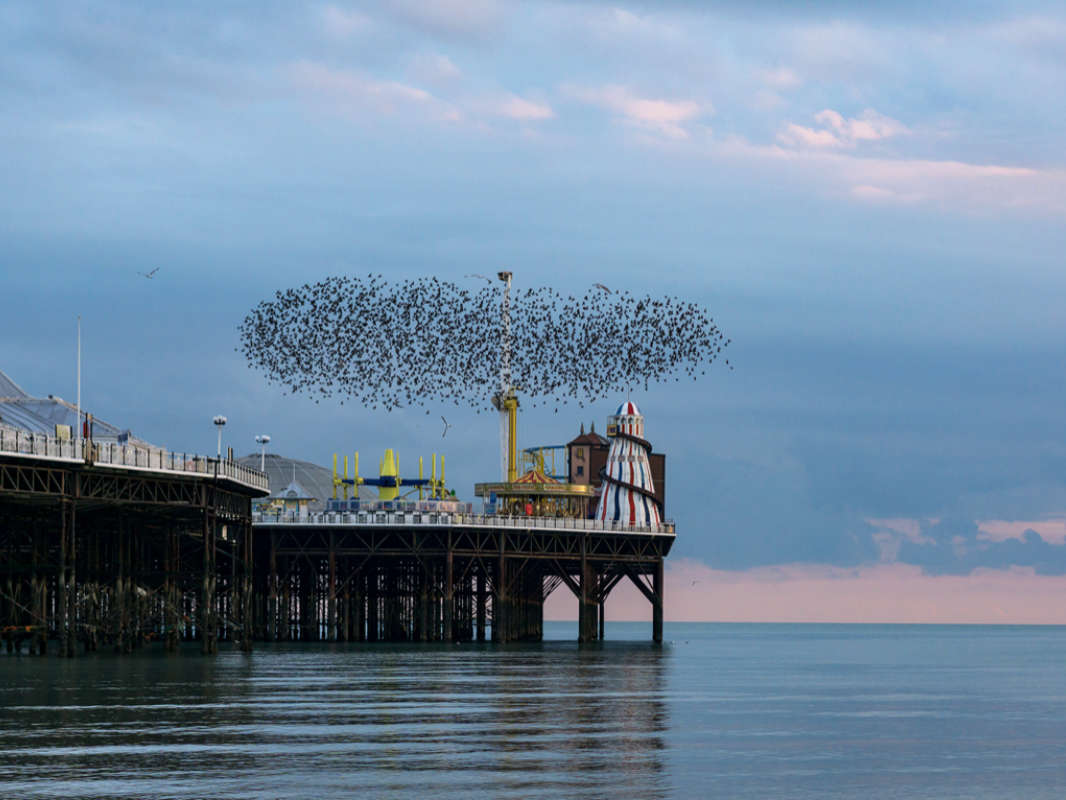
More than 100,000 people have signed a petition to save Brighton and Hove’s famous starling murmurations.
The petition calls for a ban on chemical fertilisers, pesticides and herbicides from the city’s council-owned downlands.
Artist Steve Geliot created the petition, which has enough signatures to secure a 15-minute debate by Brighton and Hove city councillors when they meet on Thursday 7 April.
In his petition, hosted on Change.org, Mr Geliot says intensive agriculture is killing insects, starlings’ primary food source.
He fears Brighton and Hove’s murmurations could be lost as soon as 2026.
Mr Geliot’s petition said:
“Together, we, the people of Brighton and Hove, own a large section of the South Downs called The City Downland Estate.
“We, therefore, kindly call on our council, elected members and officers to immediately implement an outright ban on chemical fertilisers, herbicides, pesticides, fungicides and worming treatments across our entire City Downland Estate.
“We also call on our council to make concerted efforts to reduce sensory pollution (noise and light), which also badly impacts on wildlife, through education and advocacy in the first instance.
“Now it is time to make peace with nature and save our starlings.”
The artist, who created Norfolk Square’s Waves of Compassion sculpture, has previously campaigned to dim the lights at the Amex Stadium, as he believes the lights damage wildlife.
In April last year, he brought a petition to the city council that stated light pollution kills insects.
He was recently involved with the Starlings’ Roost art project where the night vision cameras observed the roost and contributed to the Birds Dance in the Sky film about the murmurations.
The British Trust for Ornithology listed starlings as a bird of high conservation concern.
Since the mid-1970s, the population has fallen by 66 per cent in Britain.
Brighton and Hove City Council owns 12,862 acres of farmland, of which 70 per cent is let across 16 farm holdings.
In November 2019, the council’s Environment, Transport and Sustainability Committee agreed to ban using the herbicide glyphosate unless it was necessary to kill invasive species such as Japanese knotweed or kill tree stumps.
Glyphosate, also known by the brand name Roundup, has been sprayed in parks and on playing fields as well as on roads, pavements and housing land in the past.
The council aims to phase its use out entirely this year.
The Full Council meeting is due to start at 6.30pm at Hove Town Hall.
It is scheduled for webcast on the council website.

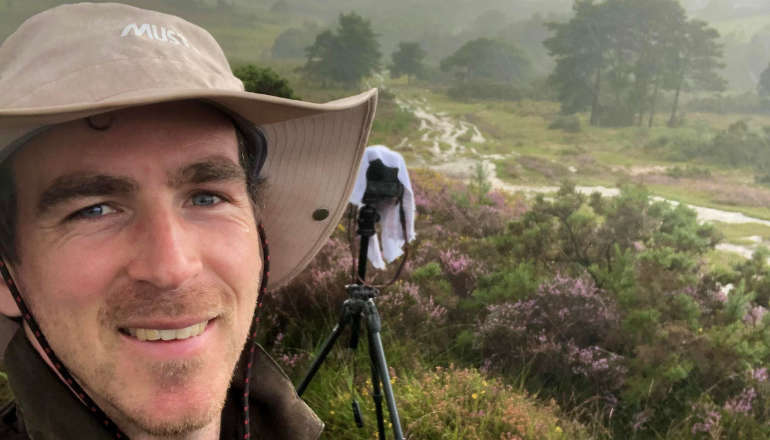 Professional Photographer To Stage Six-Week Exhibition At Iconic East Sussex Forest
Professional Photographer To Stage Six-Week Exhibition At Iconic East Sussex Forest
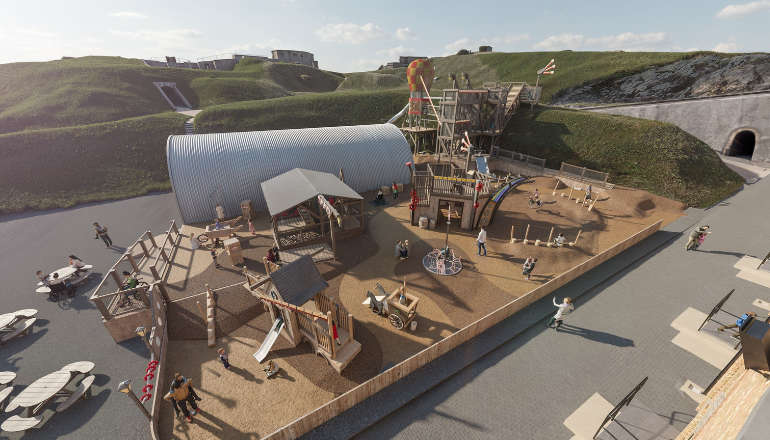 First look at plans for Newhaven Fort's thrilling new adventure playground
First look at plans for Newhaven Fort's thrilling new adventure playground
 East Sussex's Kristina Could Earn Most On Instagram From Married At First Sight UK
East Sussex's Kristina Could Earn Most On Instagram From Married At First Sight UK
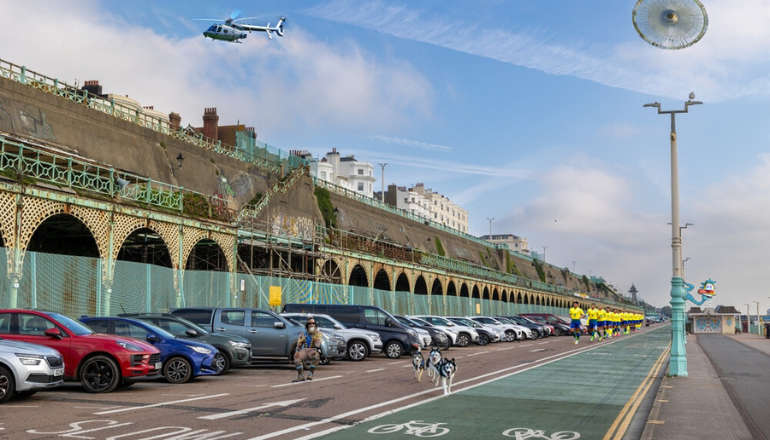 Madeira Terrace Restoration Work Starts On Site Next Week
Madeira Terrace Restoration Work Starts On Site Next Week
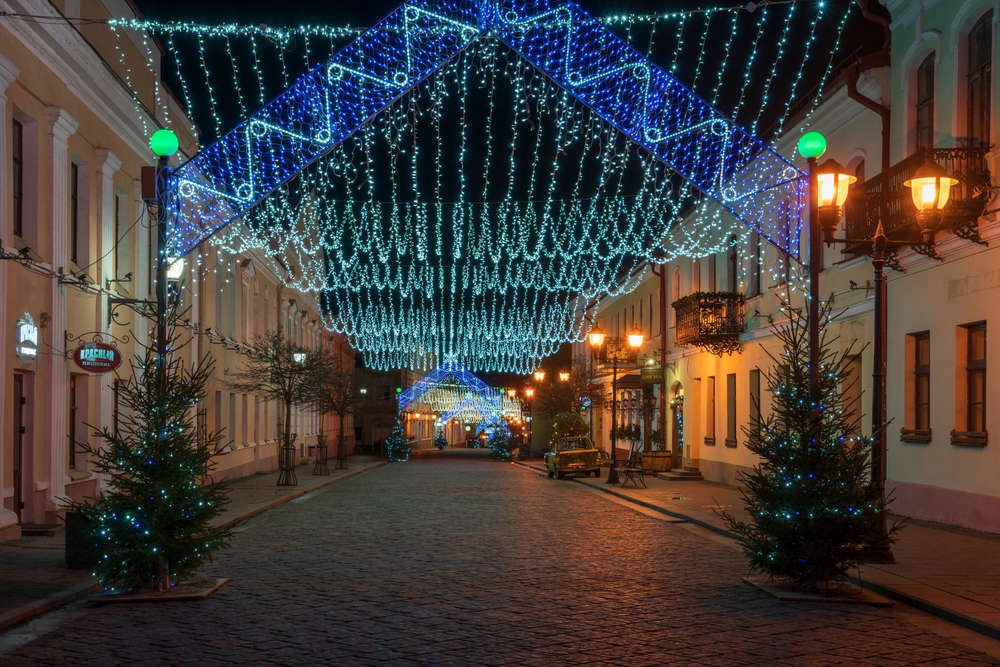 Lighting Up Crawley For Christmas
Lighting Up Crawley For Christmas
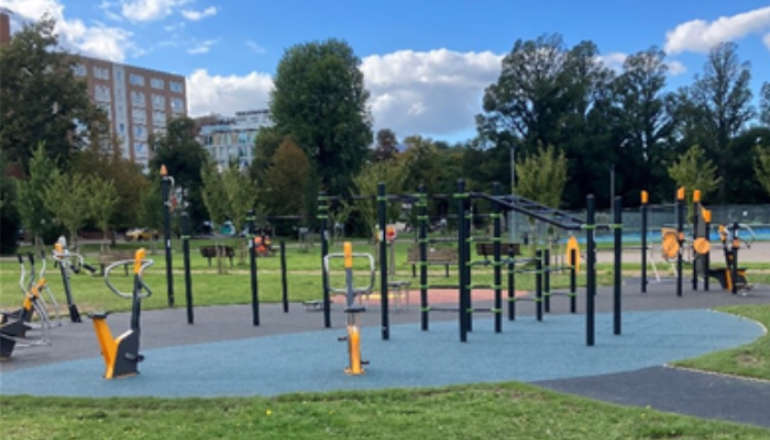 Work On Two New Outdoor Gyms In Brighton Complete
Work On Two New Outdoor Gyms In Brighton Complete
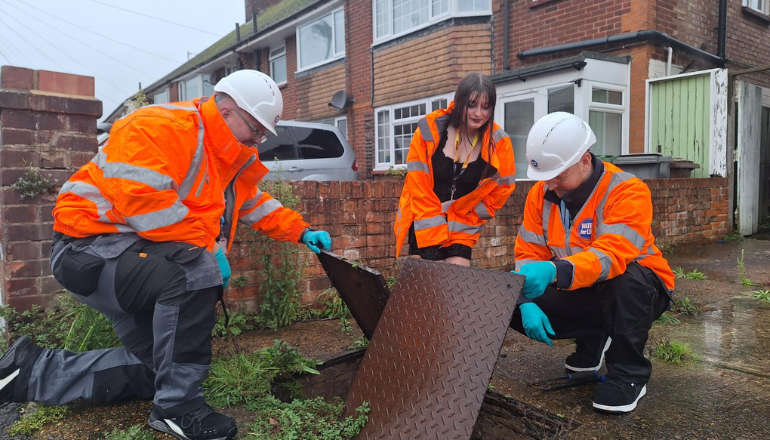 Eastbourne Student Reporter Lifts Lid On What’s Blocking Town’s Sewer
Eastbourne Student Reporter Lifts Lid On What’s Blocking Town’s Sewer
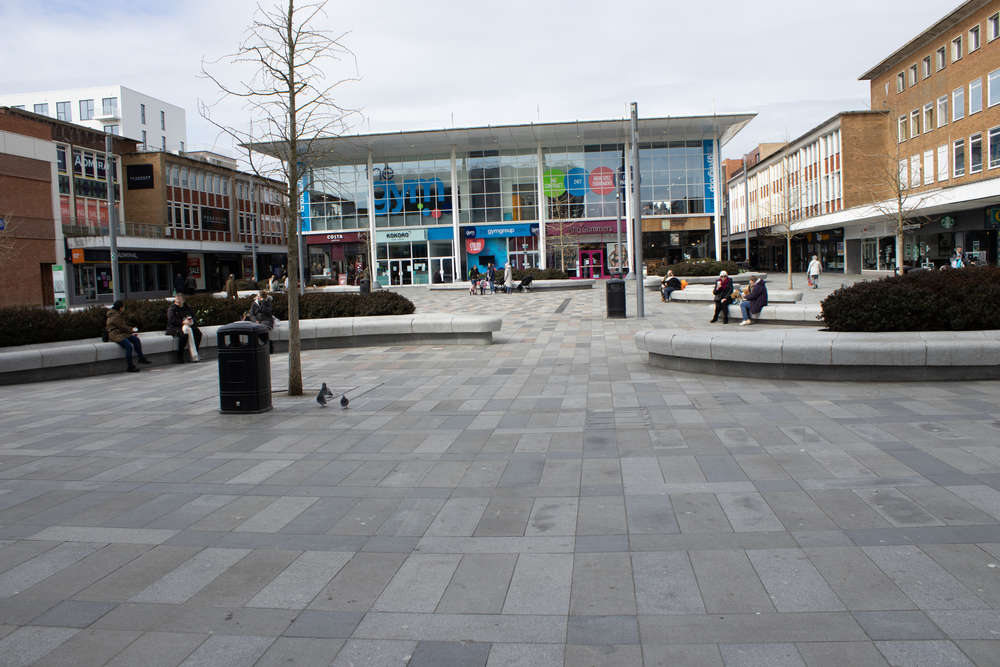 Crawley Resident Wins Council Tax Paid For A Year
Crawley Resident Wins Council Tax Paid For A Year
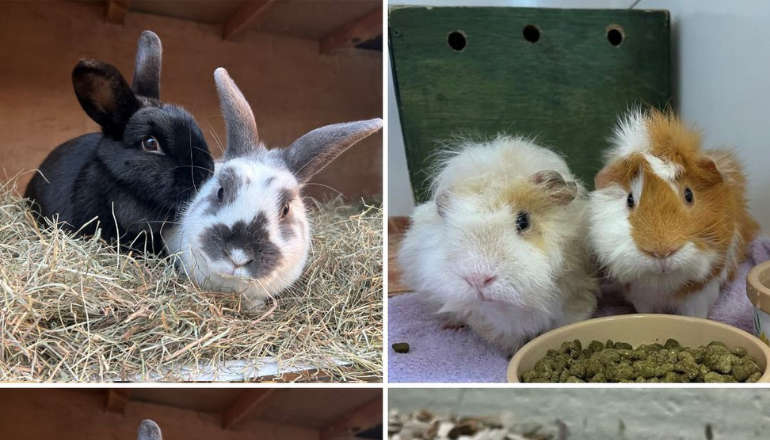 Celebrate Small Animals At Raystede This November
Celebrate Small Animals At Raystede This November
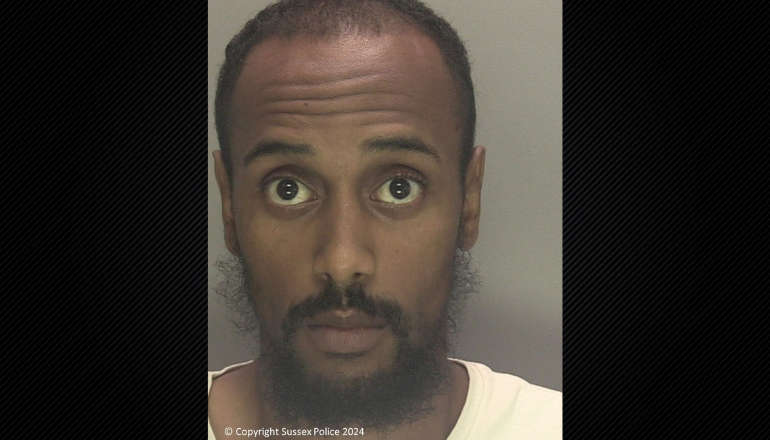 Man Jailed For Threatening Victim With Firearm
Man Jailed For Threatening Victim With Firearm